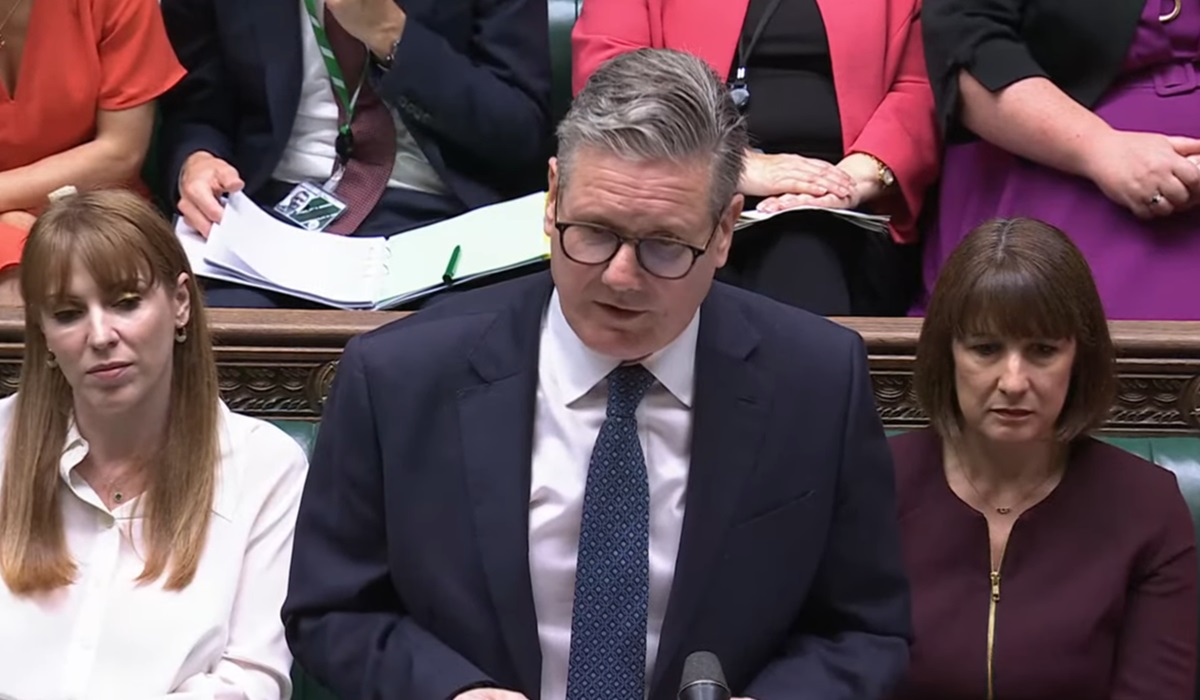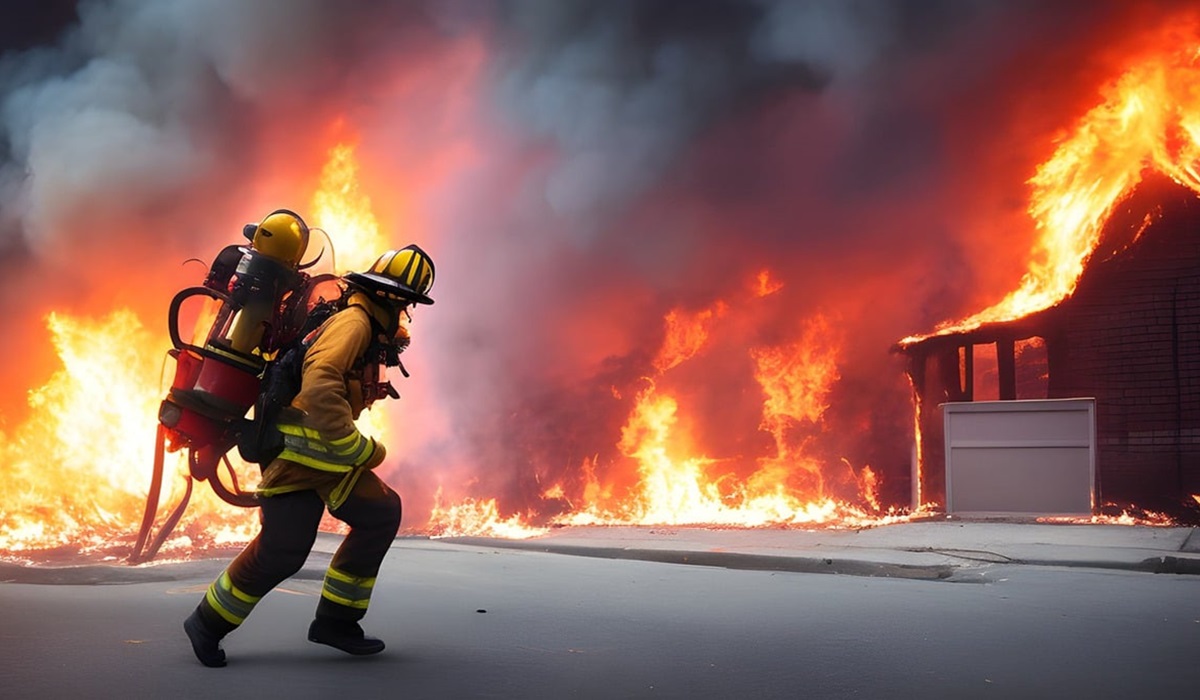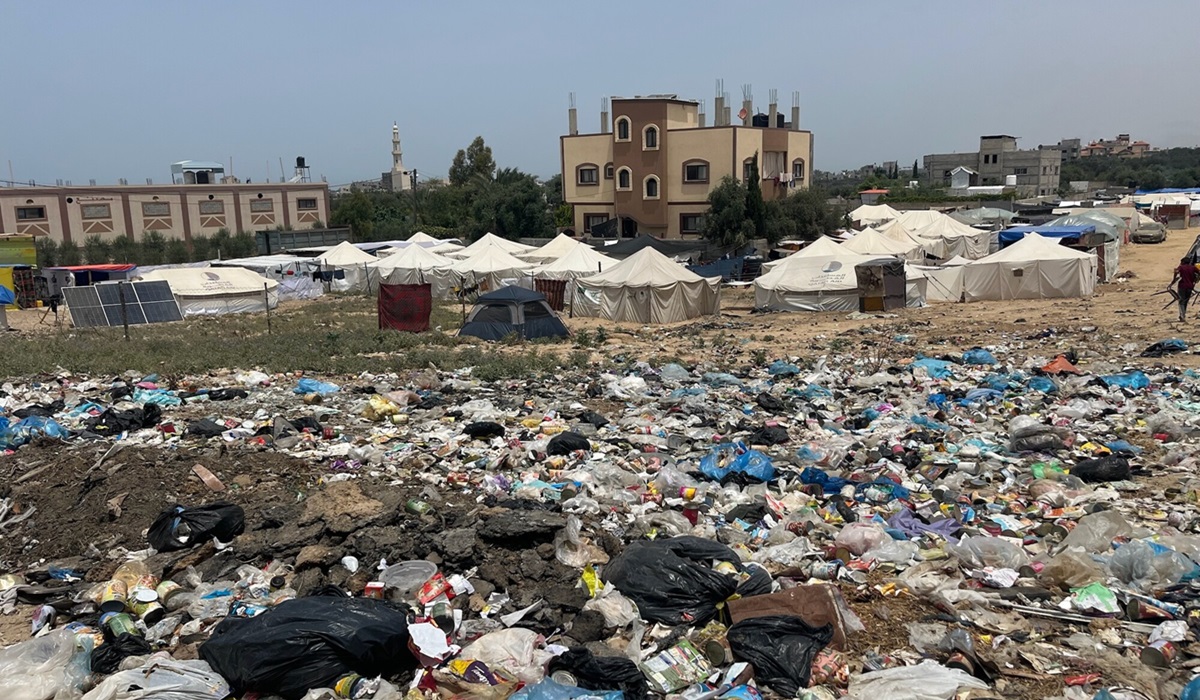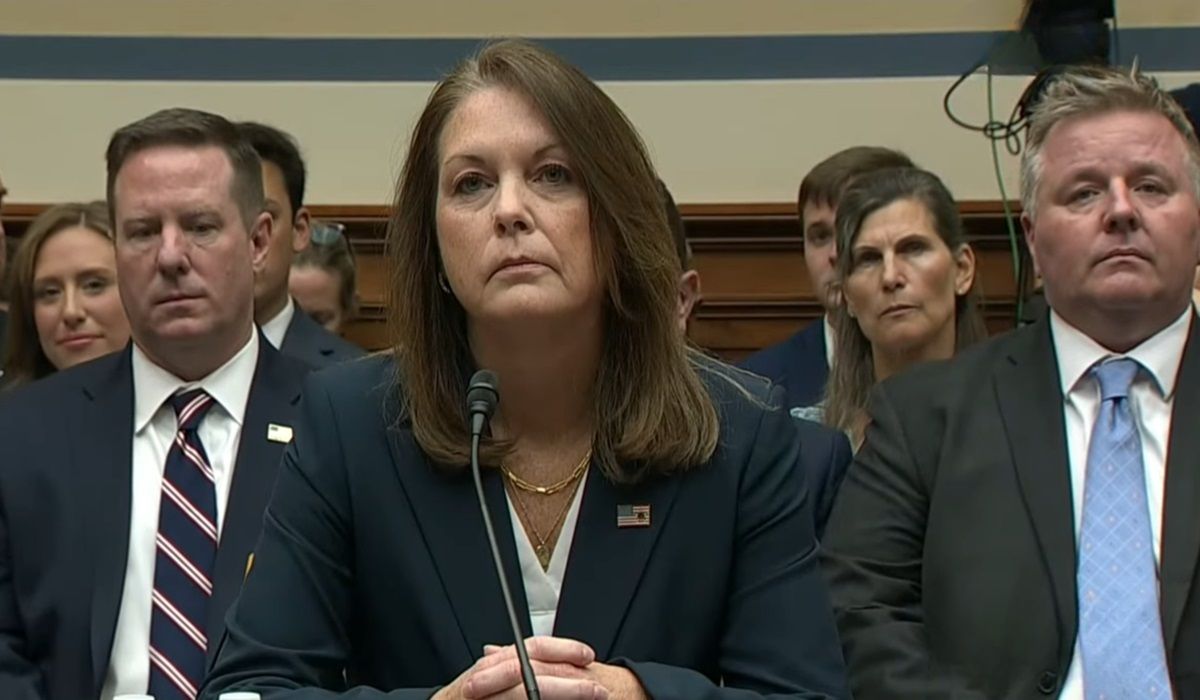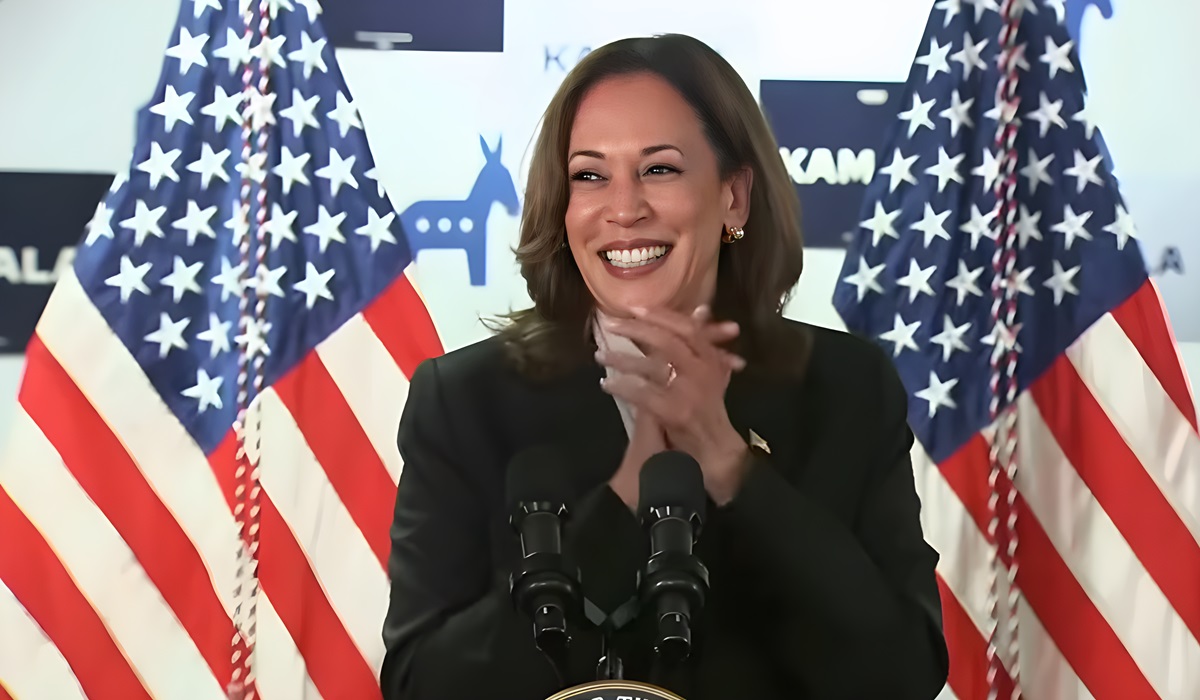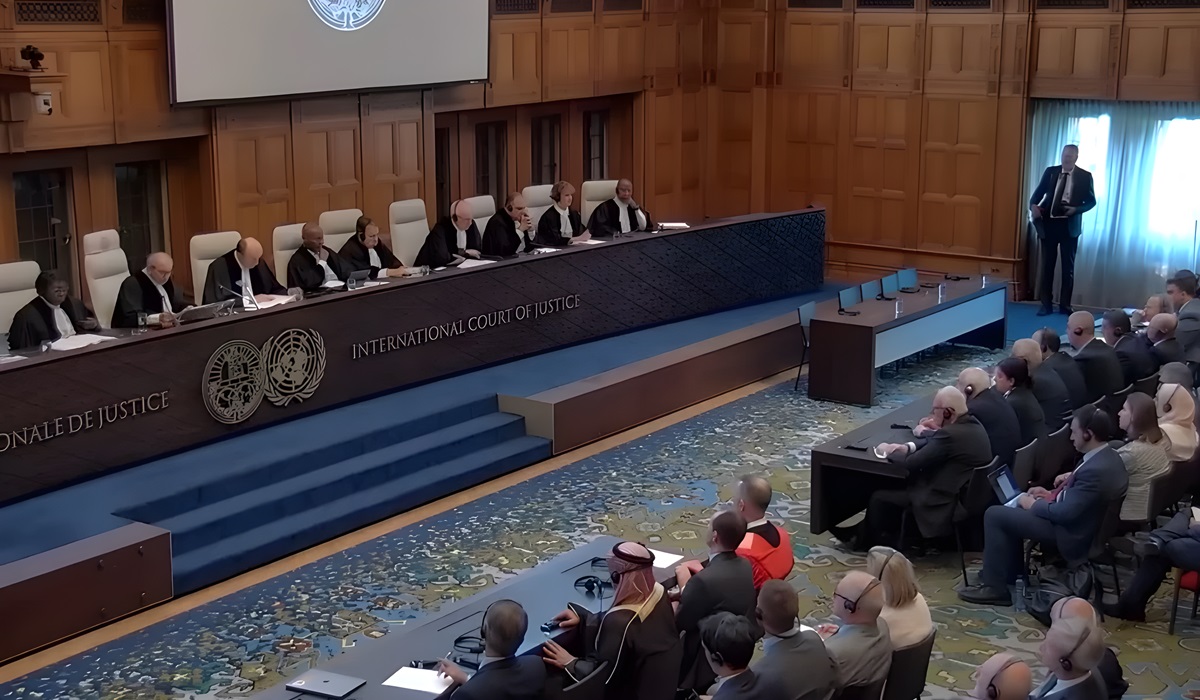Canada’s Pivot: Withdrawing Support for Israel At ICJ Hearing On Illegal Occupation
- Kingston Bailey
- Breaking News
- February 20, 2024
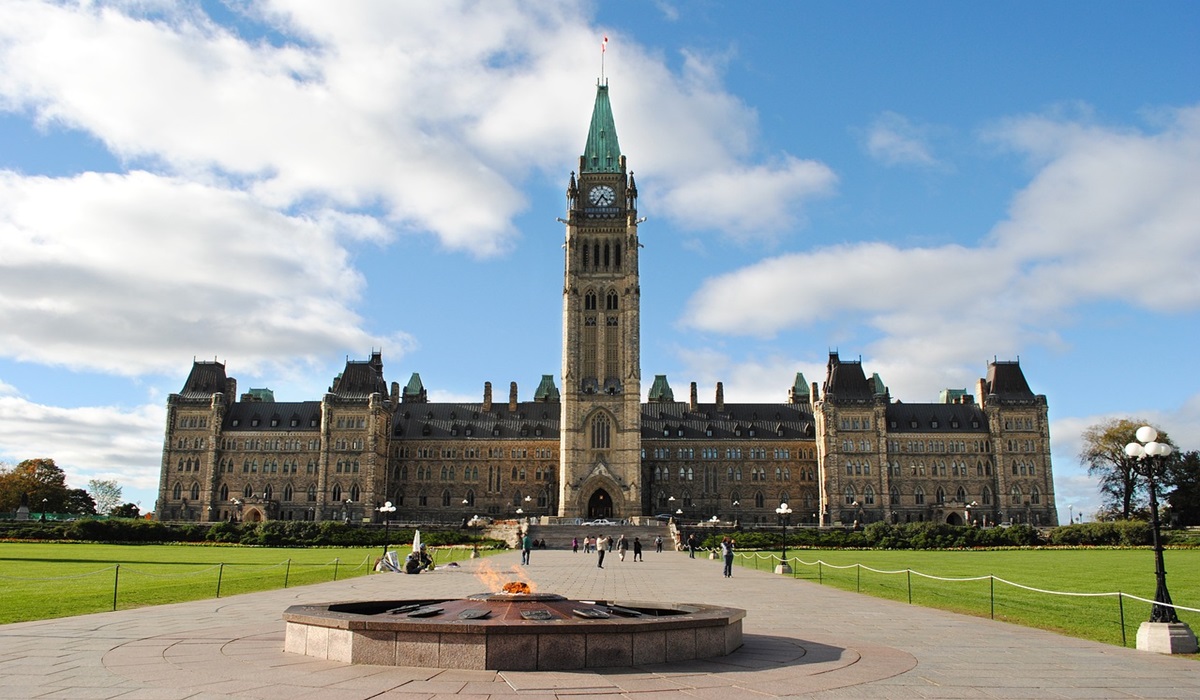
The Canadian government is taking further steps to distance itself from Israel amid the mounting casualties in Gaza and Rafah. Today, it officially withdrew its intent to speak on behalf of Israel, signalling a significant departure from its previous stance in August of 2023; this move comes after the United Nations General Assembly (UNGA) passed a resolution last December, with an 87-26 majority vote, urging the International Court of Justice (ICJ) to provide an advisory opinion on the legal consequences of Israel’s “prolonged occupation, settlement, and annexation” of Palestinian territory. Notably, Canada was among the minority that voted against the resolution.
The conflict in the region has prompted international concern, with the UNGA seeking legal clarity on the situation. Despite Canada’s previous alignment with Israel, the government’s withdrawal indicates a reassessment of its position, as many Canadians questioned the country’s commitment to addressing the humanitarian crisis unfolding in the region.
Israel’s Prime Minister, Benjamin Netanyahu, is reluctant to adhere to calls from allies to refrain from conducting ground operations in the Rafah area. Despite mounting international pressure and the dire situation on the ground, Netanyahu asserted that Israel would not seek a ceasefire, nor would it recognize Palestine as a state. Furthermore, he defiantly rejected the authority of international courts, refusing to comply with any potential orders or rulings.
Canada’s shift in stance appears to be a strategic move to distance itself from any potential implication of genocide. The withdrawal from advocating on behalf of Israel suggests recognizing the urgency and gravity of the situation. Within three days, Israel is expected to report back to the International Court on the steps taken to mitigate the crisis, provide aid, and preserve human rights in the conflict zones.
The ominous nature of the situation is underscored by the looming possibility that the ICJ, after deliberation, will conclude on the legality of Israel’s actions. By taking steps to sidestep and distance itself, Canada seems to be acknowledging the potential consequences of being associated with actions that may be deemed unlawful on the international stage. While it might be a belated move, it reflects a commitment to aligning with ethical considerations and international norms.
In navigating this complex and delicate diplomatic landscape, Canada appears to be grappling with balancing its alliances and obligations with a growing awareness of the humanitarian toll on the ground. As the international community awaits Israel’s report to the ICJ, Canada’s evolving stance may well define its role in the ongoing conflict and its commitment to upholding human rights and international law.

